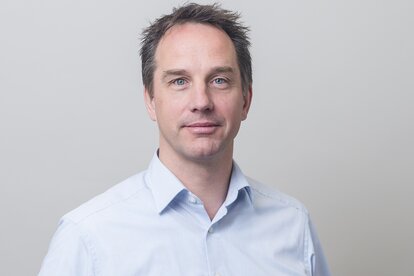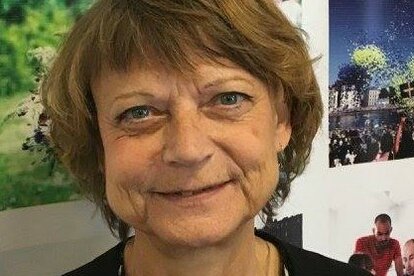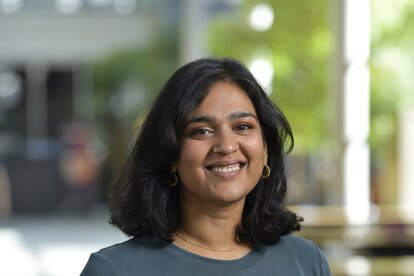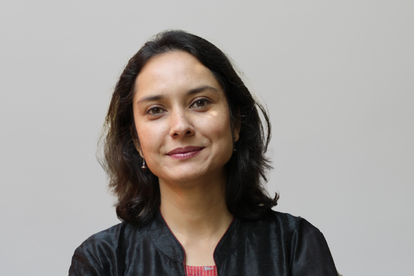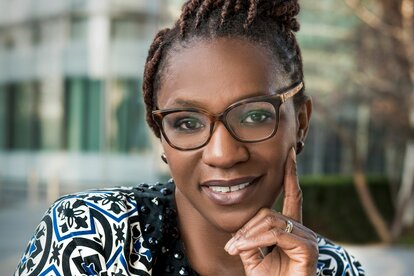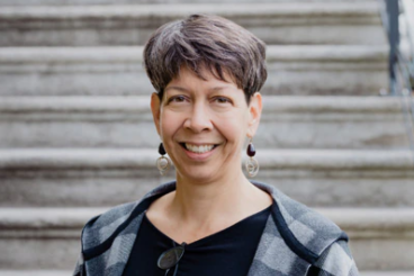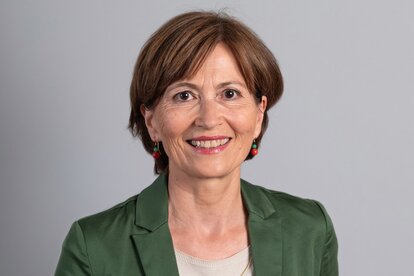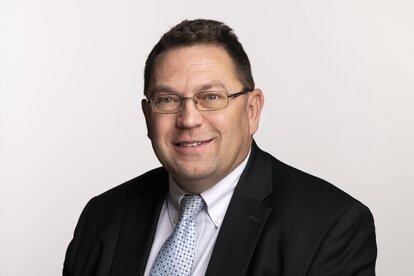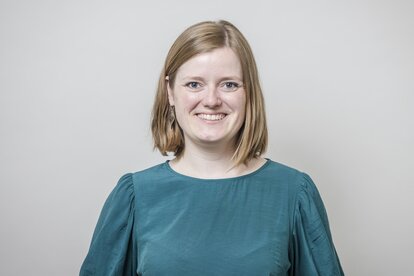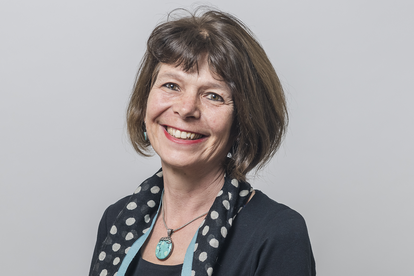Driving Development Cooperation in a Changing World
Predictions about the world’s future are increasingly pessimistic. Polarization on geopolitical and national levels is increasing. It is proving challenging to find common will and commitment to tackle global issues — whether they be climate change, regional conflicts, poverty, advances in Artificial Intelligence, or other matters threatening humanity.
Years of economic growth, peace and prosperity in the Global North no longer seem assured. The pandemic and Russia’s war on Ukraine have been huge political and economic shocks, reverberating in many parts of the world in the form of soaring energy and food prices. Devastating conflict in the Middle East has killed thousands, most of them civilians. Western governments are ramping up military spending after years of stagnation. The influence of China, India and Russia as global powers competing with the USA and Europe in much of Asia, Africa and Latin America is taking hold, both through direct investment and social media. Most of the Sustainable Development Goals seem unlikely to be met; progress on some is even backsliding. Throughout the world, in countries with very different economic standing, there is a growing recognition of inequality and injustice. A small, elite group of very high worth individuals has highly disproportional impact on world affairs.
What does this mean for development cooperation? The most obvious current trend is a growing need for humanitarian assistance for people having their lives torn apart through conflict, extreme weather events and other disasters. The line between humanitarian assistance and development cooperation is blurring, with many donors and development actors adopting a nexus approach (often including peace as a third pillar). Funding from the North is strained due to other demands on domestic budgets. Conventional “North – South” perspectives are also questioned, with calls for localization and a decolonization of aid. The influence of the private sector and private foundations is growing.
Global politics are fundamentally changing, and this requires a systemic rethinking of development cooperation.
In discussing current challenges, we plan to address questions such as:
- What should be the priorities for international cooperation in the coming 10 years?
- What should be the role of different actors, given the changing global context?
- What is the future of Swiss development cooperation?
Recording of the Helvetas Symposium 2024
First Session «A World in Change»
Second Session «The Swiss Response»
Program
1st Session - A World in Change
Session in English
14:00 Welcome and introduction
Melchior Lengsfeld, Executive Director, Helvetas
14:15 Keynote speeches
Kathryn Nwajiaku-Dahou, Director of the Politics and Governance program, ODI
Shobhini Mukerji, Executive Director, Jameel Poverty Action Lab (J-PAL)’s South Asia regional center,
will share their views on development cooperation.
14:45 Panel discussion on donor strategies
Interactive Q&A with keynote speakers and the audience.
Nicole Ruder, Assistant Director General, Ambassador and Head of the Multilateral Affairs and NGO Division, SDC
Maria Melbing, Head of Unit, Western Balkans and Turkey, Sida
Sabine Zwaenepoel, Head of Unit, Resilience, Peace, Security, European Commission - DG INTPA
Chair: Antonia Potter Prentice, Director, Alliance2015
15:30 Break
2nd Session - The Swiss Response
Session in German and French (translation service to English available if needed)
16:15 Welcome and introduction / Willkommen und Einführung
Regula Rytz, President, Helvetas
16:20 Can Switzerland make any global impact? / Kann die Schweiz global etwas bewirken?
Priya Mohanty, Policy Fellow: International cooperation & sustainable development, foraus, Swiss think tank
16:35 The future of Swiss development cooperation / Die Zukunft der Schweizer Entwicklungszusammenarbeit
(bilingual German/French with translation to English if needed)
Franziska Roth, Councillor of States, Social Democrats (Ständerätin SP)
Laurent Wehrli, National Councillor FDP, President of the Foreign Affairs Committees FAC (Präsident der Aussenpolitischen Kommission, Nationalrat FDP)
Nicole Ruder, Assistant Director General, Ambassador and Head of the Multilateral Affairs and NGO Division, SDC
Moderation: Prof. Dr. Dina Pomeranz, development economist, University of Zurich (Entwicklungsökonomin)
17:20 Closing
Melchior Lengsfeld, Executive Director, Helvetas
17:30 Networking happy hour
20:00 End of event



